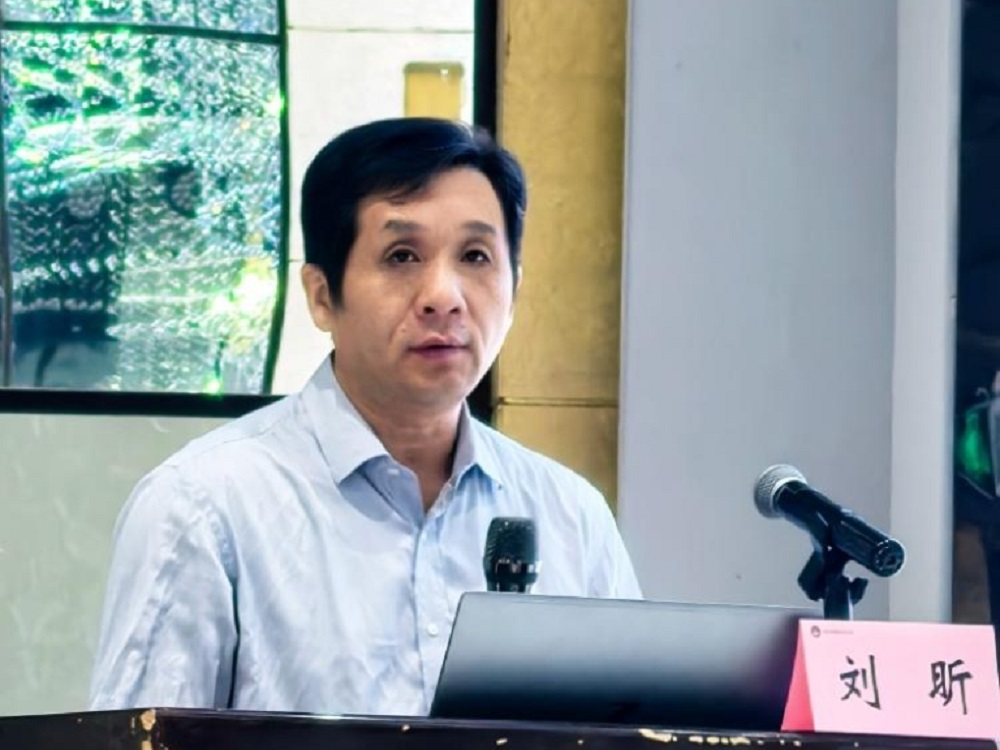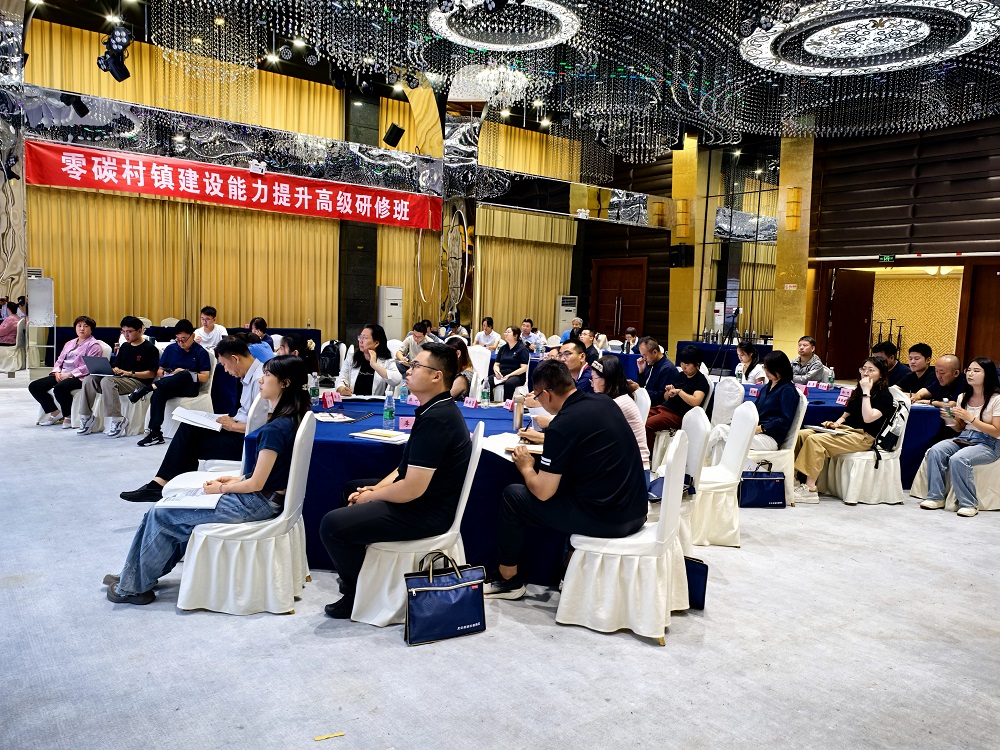EED Injecting "Green" Power into Enhancing Near-Zero-Carbon Village and Town Construction Capacity
source:本站 Number of views:20 time
From September 10th to 12th, 2025, the "Advanced Training Course on Improving the Construction Capacity of Near-zero-carbon Villages and Towns" hosted by Beijing Low-Carbon Agriculture Association was successfully launched in Beijing. Dr. Liu Xin, Director of Beijing Energy and Environmental Development Research Center (EED), was invited to attend and delivered a systematic sharing to the participants with the theme of "Supporting Rural Low-carbon and Near-zero-carbon Development with Green Finance Policies and Tools", combining policy interpretation and practical cases.
This training course focused on the key pathways of Rural low-carbon and near-zero-carbon development, bringing together industry experts, local government representatives, and practitioners in village and town construction to conduct in-depth discussions around the core topic of green finance policies and tools.


Dr. Liu Xin pointed out that green finance refers to financial services that aims to support environmental improvement, address climate change, and promote efficient resource utilization, including financial instruments such as green credits, green bonds, green funds, green insurances and carbon financing. Green finance could direct funding towards green projects as well as facilitate the management of climate risks, serving as a bridge between "capital flow" and "green development".
Based on international experience and domestic practices, Dr. Liu Xin introduced domestic and foreign green financial policies supporting the construction of low-carbon and zero-carbon villages and towns from the aspects of strategic guidance, green project guidance catalogues, financial support and fund guarantee mechanisms, and shared applications of financial instruments such as green credits, green bonds, green funds, and green insurances.
In response to the existing investment and financing pain points (small project scale, weak commercial returns, low tool utilization, etc.) in construction of low-carbon and near-zero-carbon demonstration villages, Dr. Liu Xin proposed three types of investment and financing model suggestions for low-carbon and near-zero-carbon village and town construction with cases from demonstration villages: Projects with market-oriented revenue are suggested to adopt the "independent operation + green finance" investment and financing closed-loop model; Projects with indirect or limited benefits are suggested to adopt the "Fiscal guidance + mixed financing" mechanism; Public welfare or ecological projects are suggested to adopt the "public welfare finance + value conversion" support mechanism.
The content of this sharing combines policy height and practical guidance, establishing a clear framework of financial support for rural low-carbon and near-zero-carbon development for participants, and providing reference paths and tools for promoting zero-carbon village and town construction in various regions. In the future, EED will continue to contribute to the construction of zero-carbon villages and towns, promoting the development and implementation of green finance in rural areas.
 English
English Chinese
Chinese